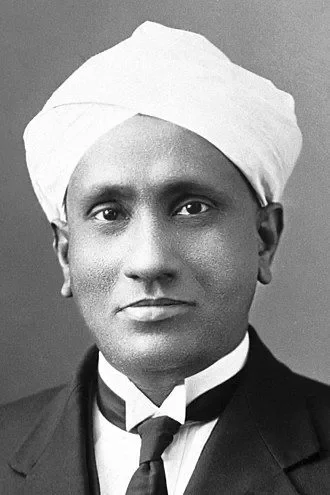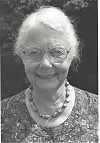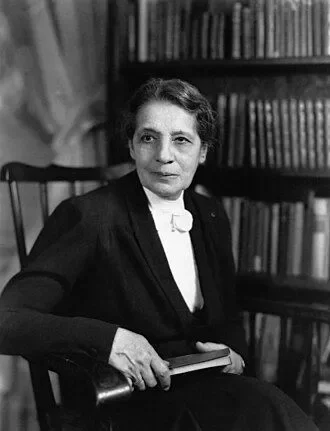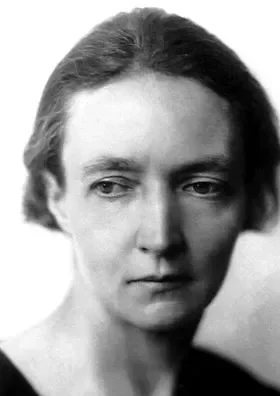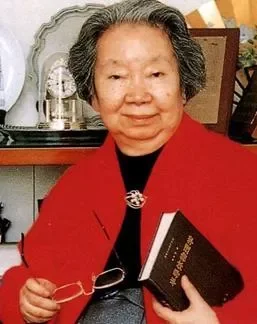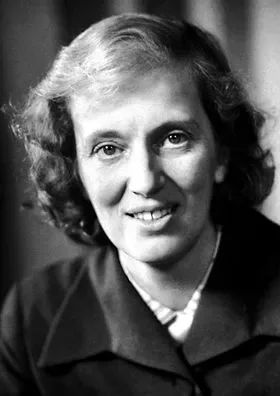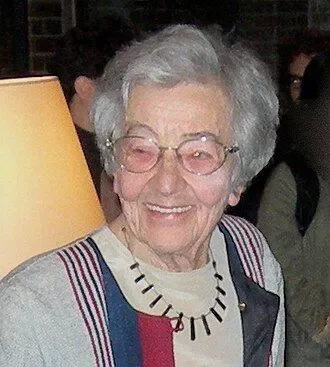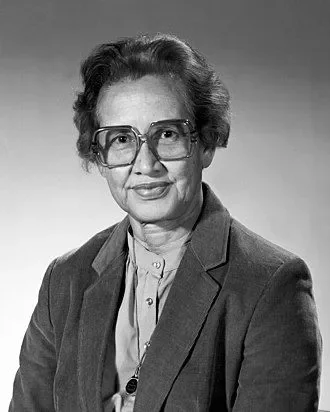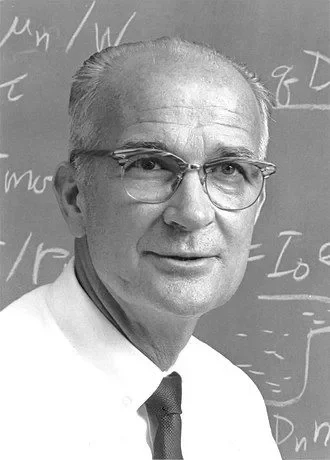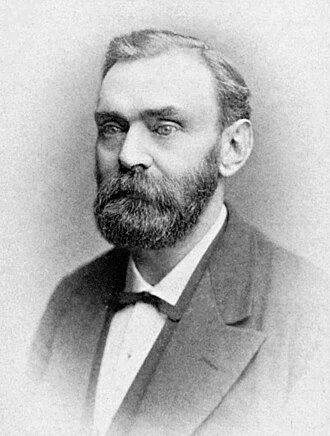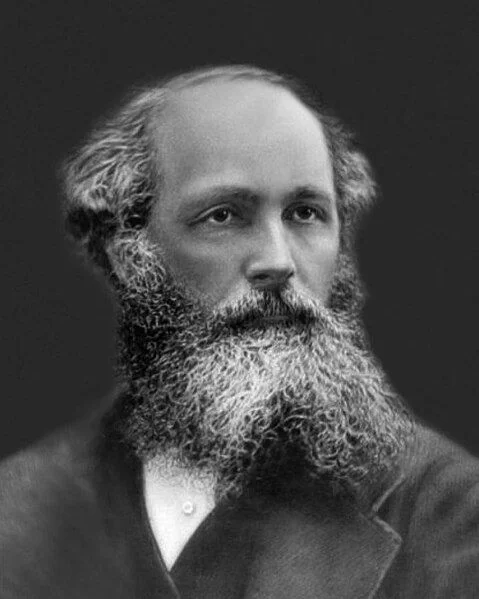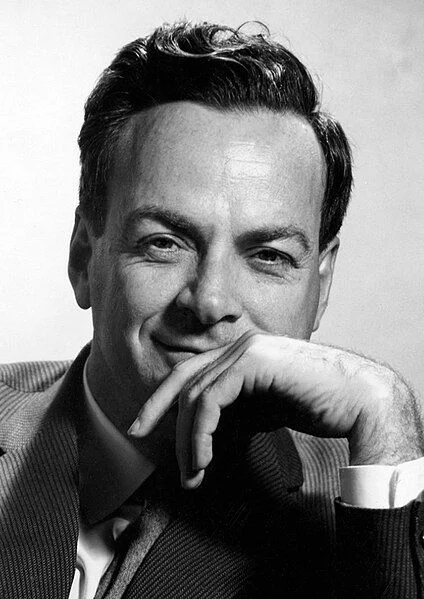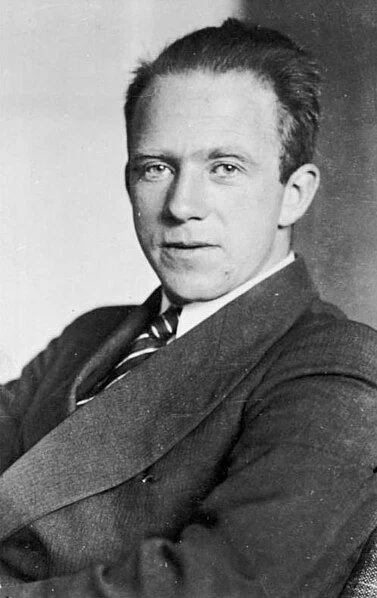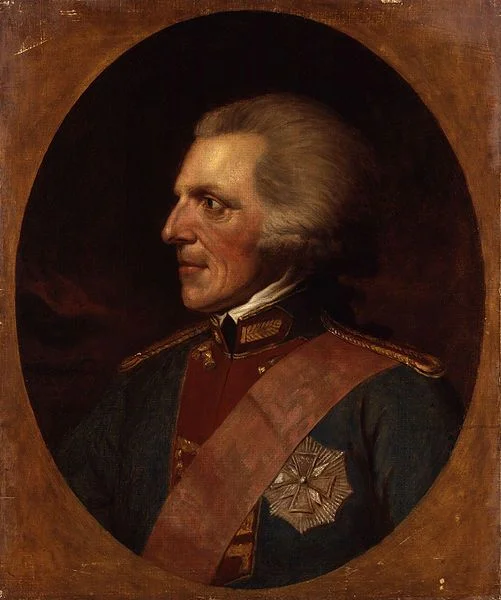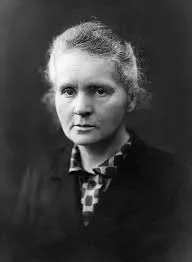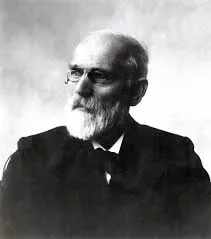Real Celebrities Never Die!
OR
Search For Past Celebrities Whose Birthday You Share
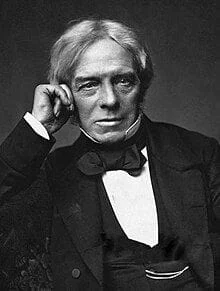
source:wikimedia.org
Michael Faraday
Birthday:
22 Sep, 1791
Date of Death:
25 Aug, 1867
Cause of death:
Natural causes
Nationality:
British
Famous As:
Chemist
Age at the time of death:
75
Michael Faraday's Quote's
Early Life and Education
One of the most influential scientists of the 19th century was Michael Faraday. His groundbreaking work in electromagnetism and electrochemistry has had a lasting impact on science.
Faraday was born on September 22, 1791, in Newington, Surrey, England, to a poor blacksmith’s family, as one of four children. Financial hardships characterized his early years, and he obtained basic education at a local Sunday school. At the age of 14, Faraday started working as a bookbinder in London. This job was a turning point in his life, granting him access to a wide range of books. Faraday’s interest in science was sparked by an article on electricity in the encyclopedia. He conducted simple experiments with basic equipment to study electricity and magnetism.
Mentorship Under Sir Humphry Davy
Faraday’s life changed drastically when he was given the opportunity to attend a lecture by Sir Humphry Davy, a famous chemist. Davy’s lectures captivated Faraday to such an extent that he meticulously documented them in a notebook and sent it to him. Even though there wasn’t an immediate opening, Davy was so impressed with Faraday’s commitment that he offered him a job as a lab assistant. Faraday’s scientific career commenced with this particular moment. Faraday quickly became skilled in lab techniques while working with Davy. Faraday’s early chemistry work led to important discoveries, including identifying benzene and liquefying previously thought unliquefiable gases.
Invention of the Electric Motor
In 1821, Faraday built the first electric motor based on Ørsted’s discovery. Electrical energy was changed into mechanical energy by this device. The experiment he conducted was the initial practical proof of the connection between electricity and magnetism.
Discovery of Electromagnetic Induction
In 1831, Faraday made a significant discovery in his famous experiment on electromagnetic induction. He provided evidence that altering the magnetic field around a wire coil could result in the generation of an electric current. The phenomenon, known as Faraday’s Law of Induction, serves as the basis for transformers and electric generators.
Contributions to Electrochemistry
Faraday’s work had a broader scope than just electromagnetism. He made multiple contributions to electrochemistry, including formulating the two laws of electrolysis that explain the connection between electricity and substance deposition. Additionally, he made the groundbreaking discovery of the Faraday effect and identified diamagnetism.
Later Years and Declining Health
Faraday had solidified his position as one of the leading scientists of his era by the late 1830s. Nevertheless, the demanding workload started affecting his health, leading to a breakdown in 1839. Despite Faraday’s declining health in the 1850s, his scientific output decreased, but his contributions were still acknowledged.
Legacy and Impact
Faraday died on August 25, 1867, at 75 years old in his home in Hampton Court, Middlesex, England. The groundwork he established revolutionized our understanding of electromagnetism, leaving a lasting impact on electrical engineering, chemistry, and physics.
Name:
Michael Faraday
Popular Name:
Michael Faraday
Gender:
Male
Cause of Death:
Natural causes
Spouse:
Place of Birth:
Newington Butts, Surrey, England (now part of London)
Place of Death:
Hampton Court, Surrey, England
Occupation / Profession:
Personality Type
Logician: Innovative inventors with an unquenchable thirst for knowledge. Michael Faraday was known for his inquisitive and analytical mind, always seeking to understand the fundamental principles of nature, a trait common in scientific thinkers and inventors.
Faraday declined a knighthood and twice refused the presidency of the Royal Society
Faraday was largely self-taught, having little formal education.
He began his career as an apprentice bookbinder, which sparked his interest in science through reading.
The unit of electrical capacitance, the farad, is named after him.
Discovered electromagnetic induction in 1831.
Faraday’s Laws of Electrolysis revolutionized electrochemistry.
Introduced the concepts of the electromagnetic field.
Invented the electric motor and dynamo.
Received the Royal Medal and Copley Medal for his scientific achievements.

